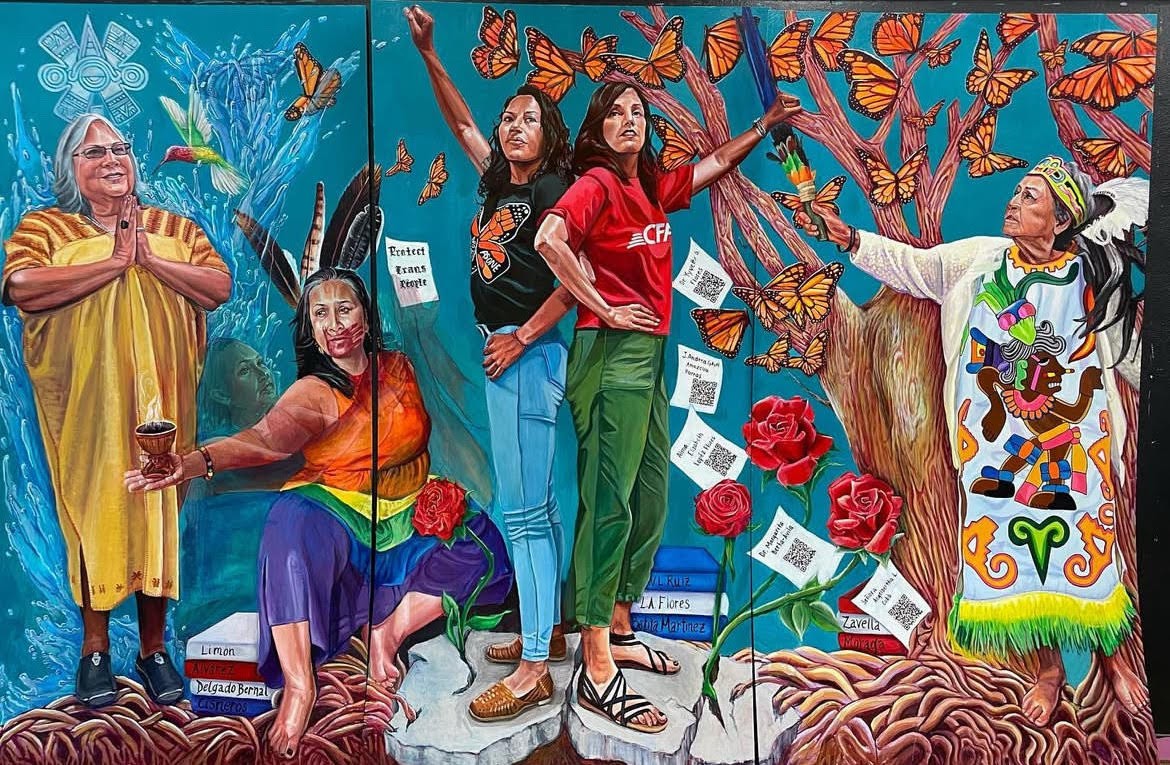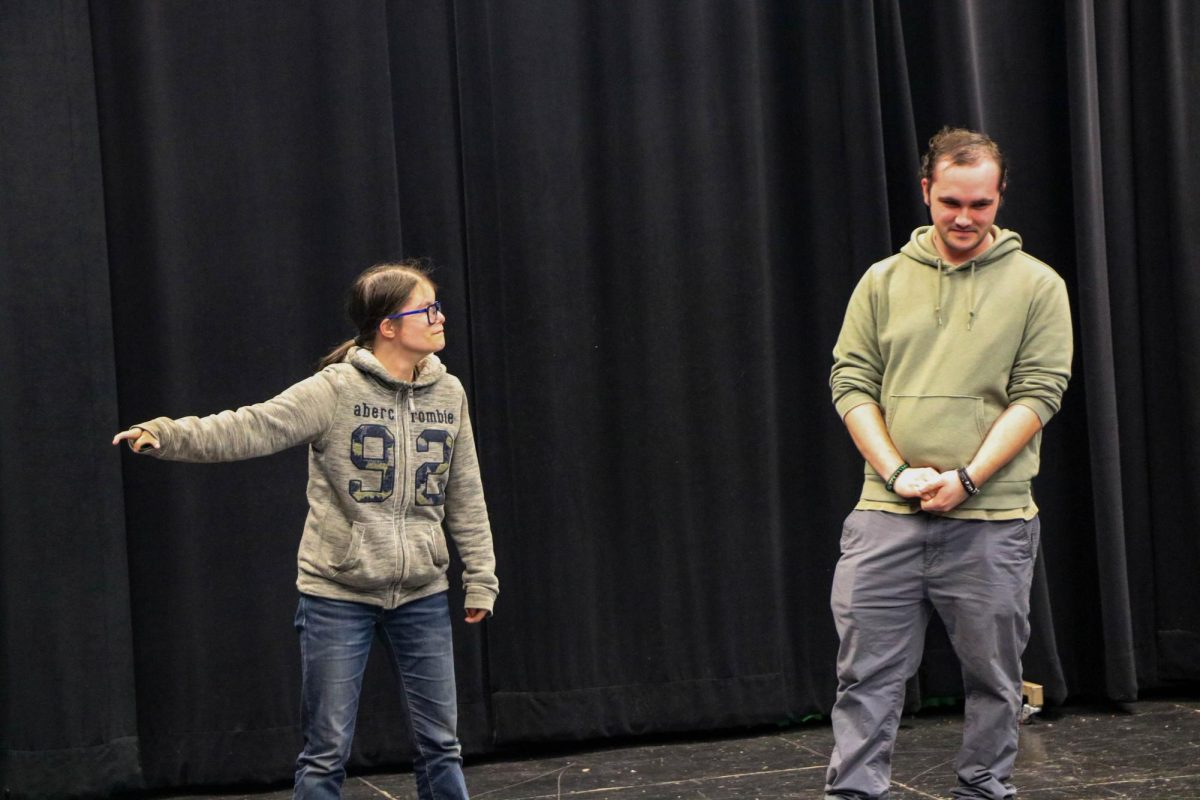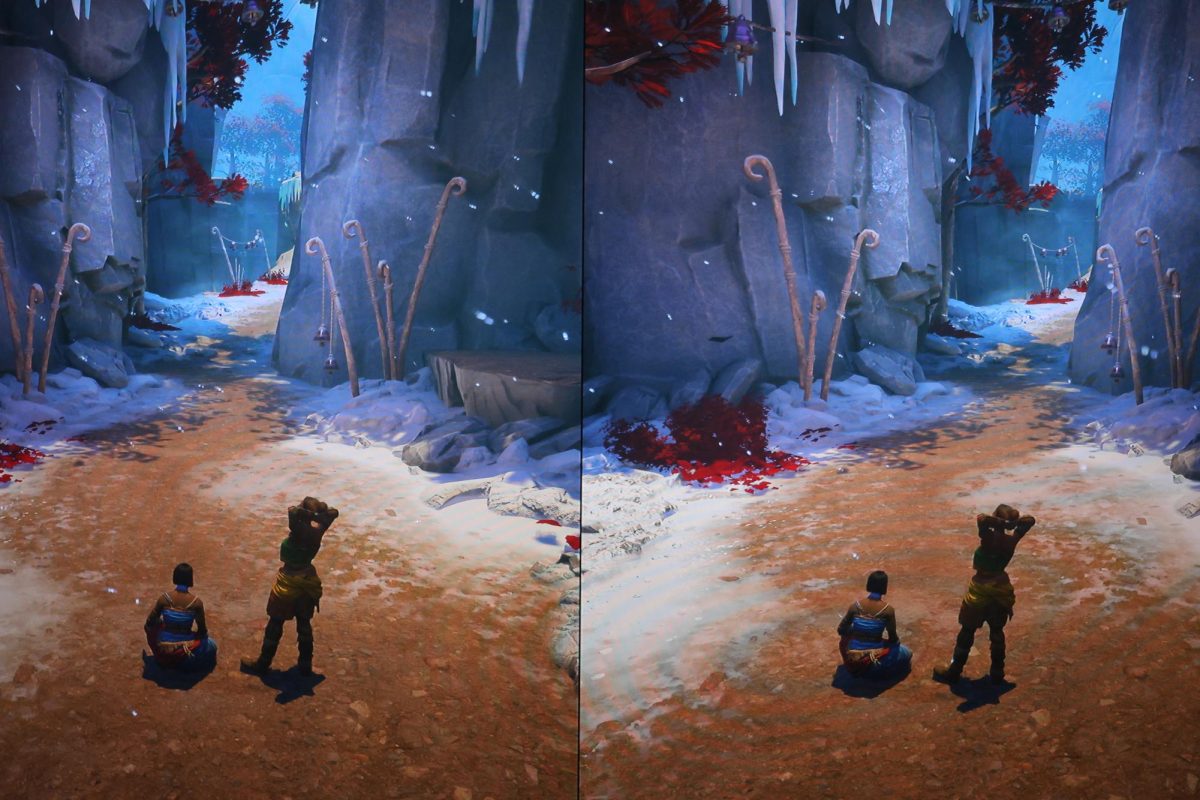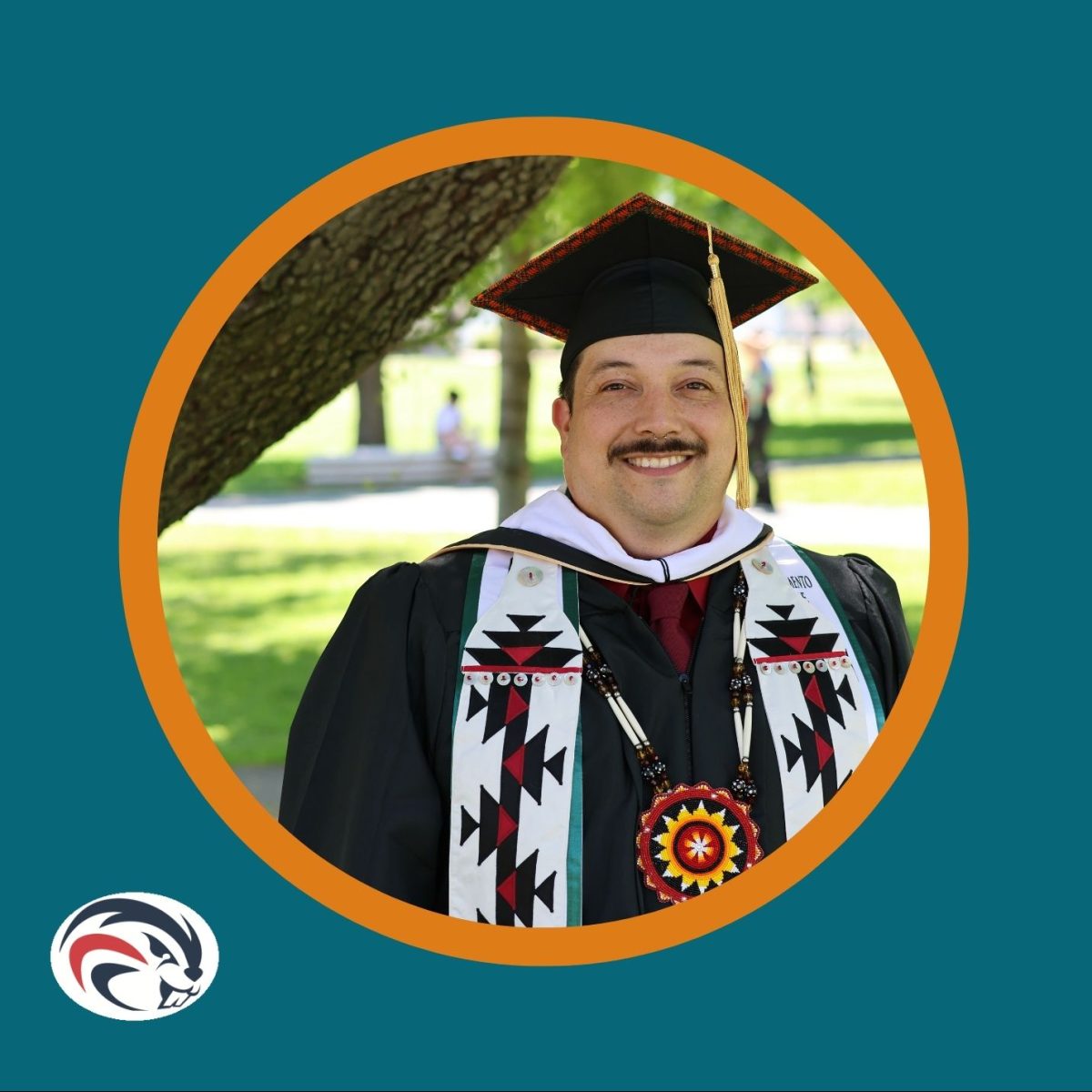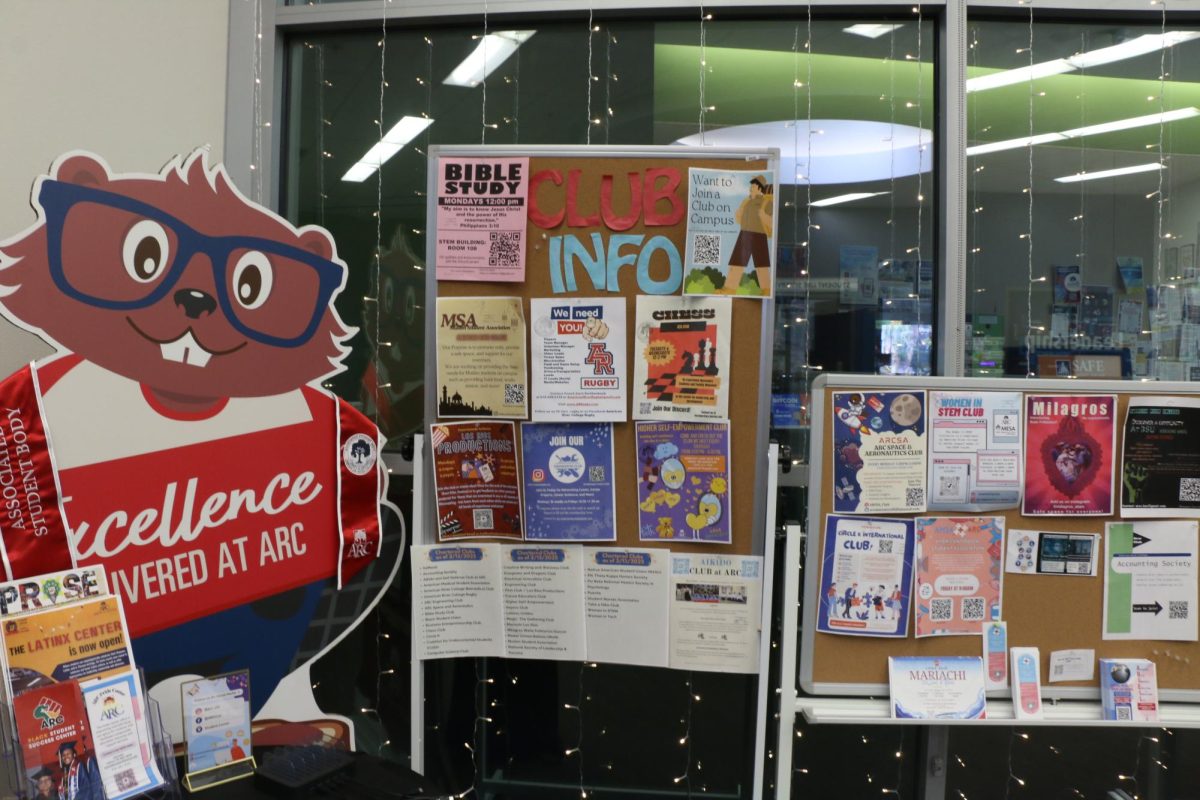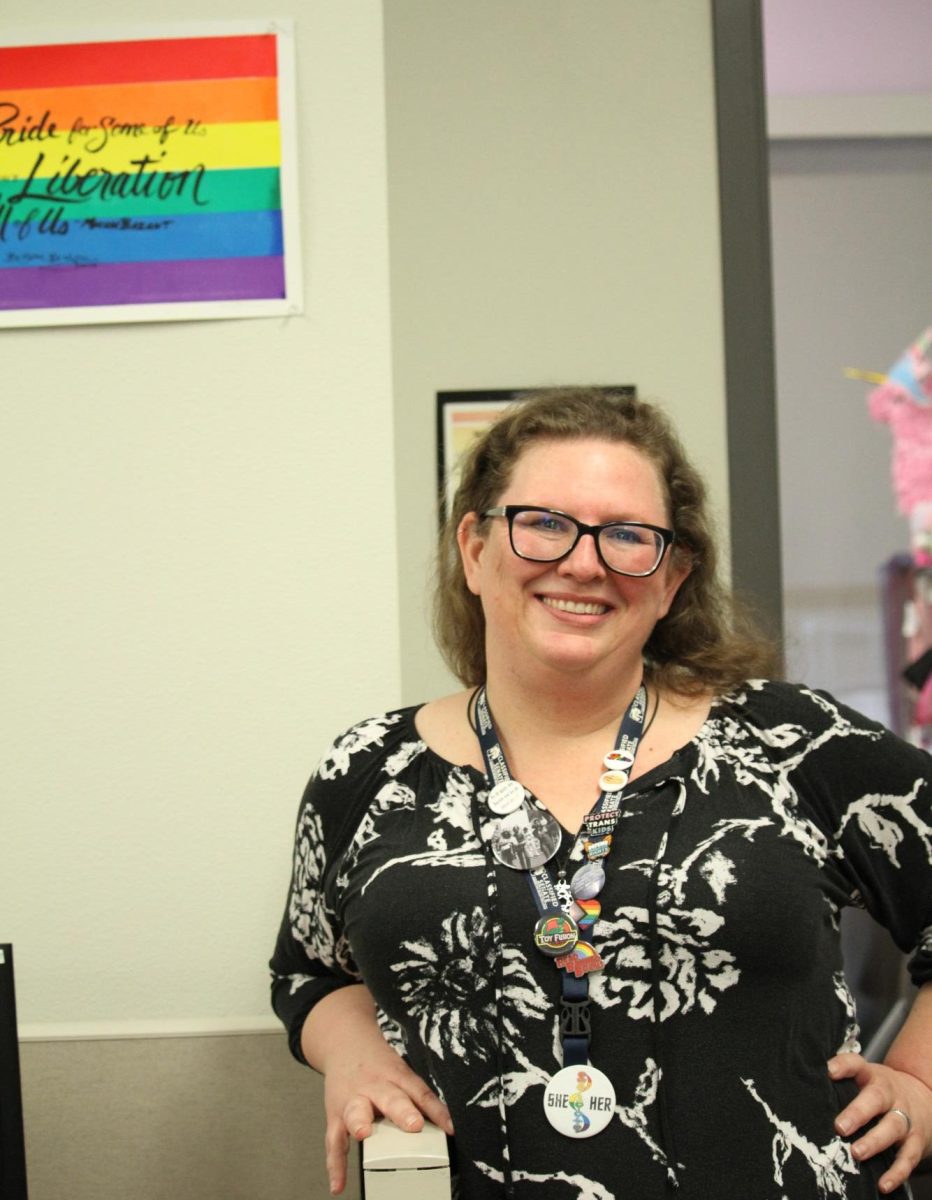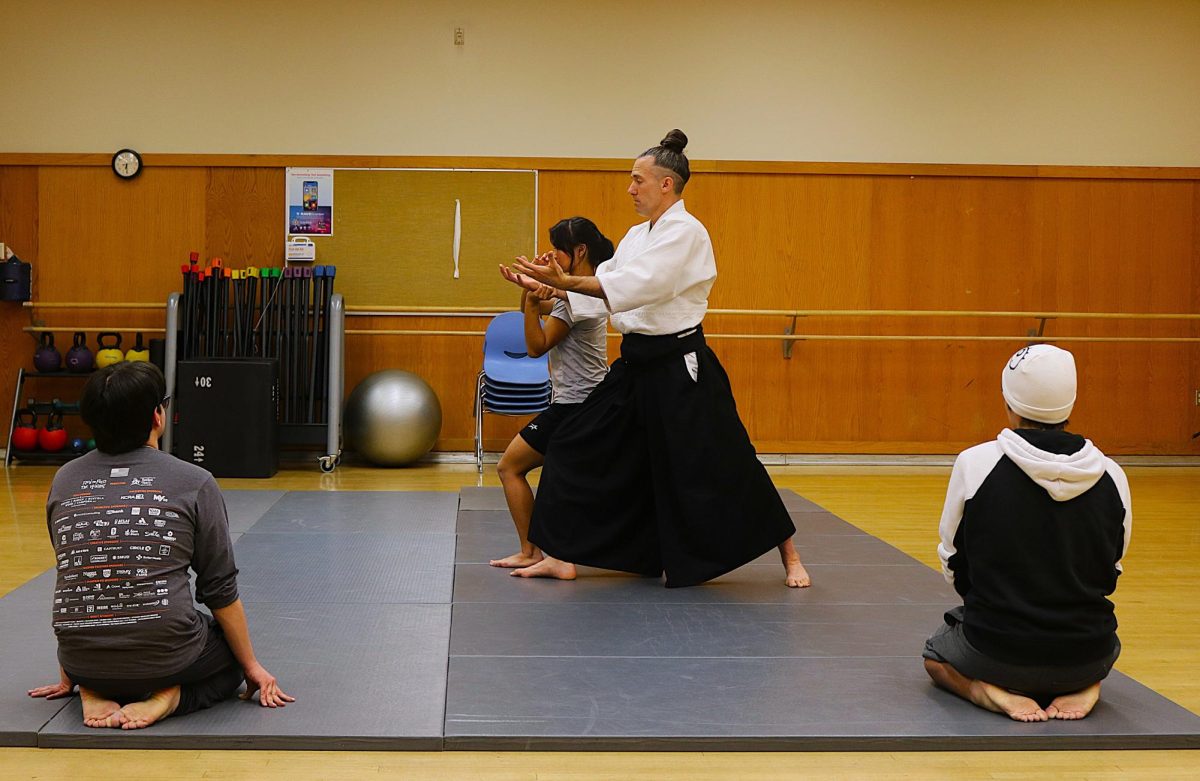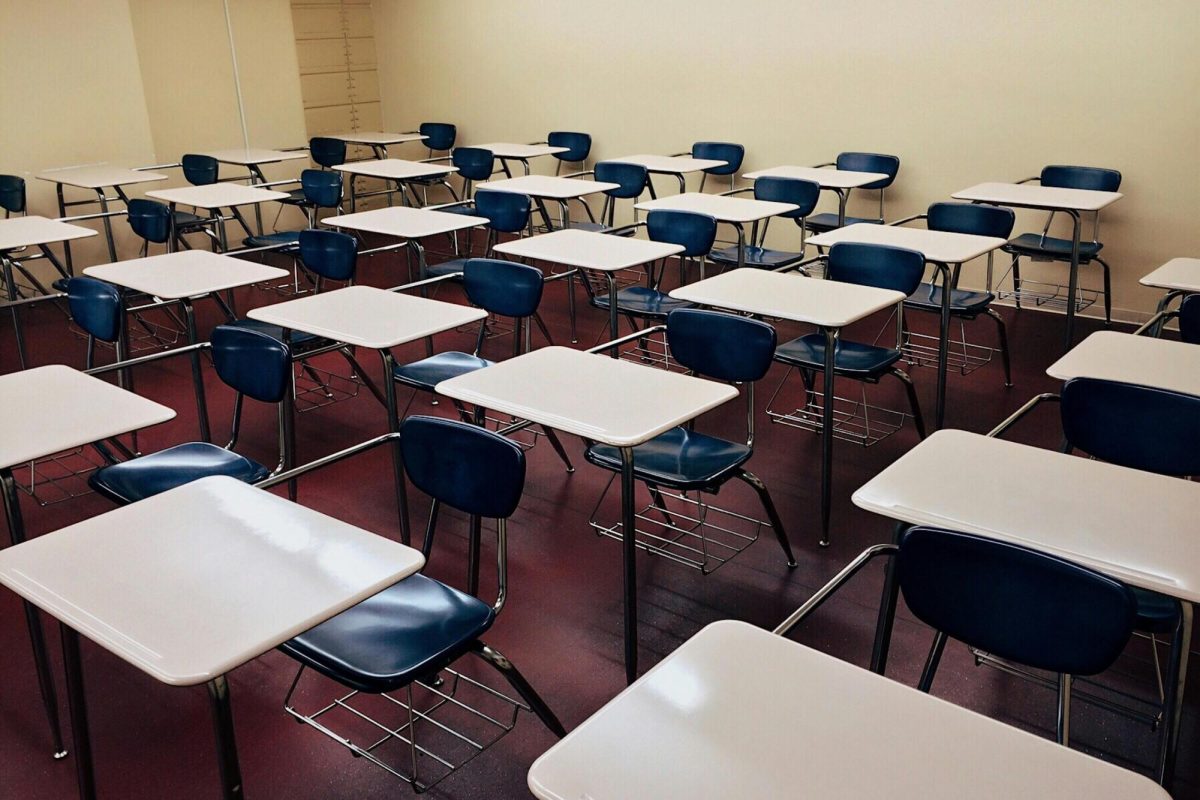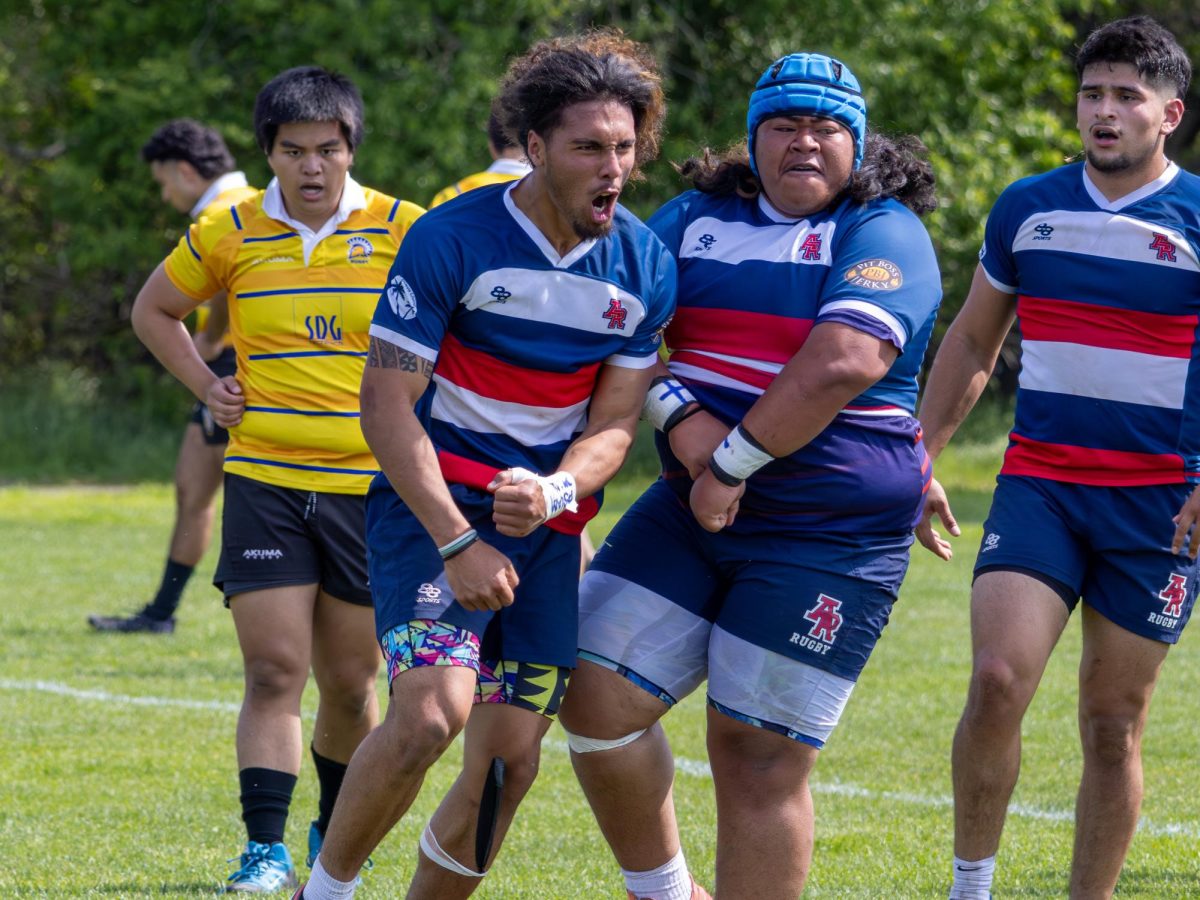This year’s Ramadan holiday was capped with an Iftar celebration that brought together people from across the American River College community.
On March 27, the Muslim Student Association and the Associated Student Body hosted the second annual Iftar event for Ramadan.
Every year, Muslims around the world celebrate Ramadan; a yearly event where during a month based on the lunar calendar, Muslims do not eat from sunrise to sunset to remember Allah and take the time to reflect and care for others less fortunate. Iftar is the meal eaten after sunset for Ramadan.
The MSA has become more active in the past year. Shazil Mahmood has been one of the key contributors to the association as the secretary.
“I’ll be promoting some upcoming advocacy events for Muslim and non-Muslim students that are particularly around Muslim organizations,” Mahmood said.
One of the first events Mahmood advocated for was an Iftar event for Ramadan. The first event last year was smaller in scale. This year, Mahmood worked on promoting the event to students, faculty, and families in the community.
Mahmood posted a video on the ASB and MSA’s Instagram to go along with posts with the event information to reach out to those interested.
The extra work paid off with around 100 people showing up this year.
The ceremony included powerful talks from speakers such as Mahmood himself, MSA President Hamza Yousaf and Dr. Sherif Ahmed from the Tarbiya Institute (an Islamic organization in Sacramento).
In an interview before the event, Mahmood reflected on the current state of affairs for Muslim students and immigrants as a whole in the United States.
“Seeing how the current administration is reacting to protests and freedom of speech nationwide, we are kind of worried,” Mahmood said. “Along with trying to fast [and] trying to work on religion, there’s a whole lot of stress.”
Mahmood wants to use opportunities like the Iftar celebration to make students feel welcome and safe.
“This is actually our first social event for the MSA all year. So this will give people connections here on campus [and the opportunity to make] some friends,” Mahmood said.
MSA also used the event to inform people about Islam.
“This event is for gathering people, to show them our religion…what we are doing [for] Ramadan, and what we are doing as Muslims,” said Hamza Yousaf, the MSA president. “We want to let [people] know, what fasting is and why we have this kind of gathering,”
In his talk before sunset, Dr. Sherif Ahmed expressed what Ramadan meant to him personally.
“I don’t think Ramadan has anything to do with the lack of food or with the lack of water.” Sherif Ahmed said. “For me, Ramadan, and the primary objective behind [it] is to reflect on the blessings that you have and to ponder on the blessings that others do not have.”
Sherif Ahmed talked about the values of Islam as well.
“I care for people in Iraq. I hear from people in Egypt. I care for people in Yemen,” Sherif Ahmed said. “Islam is about empathy. I feel for them.”
Sherif Ahmed also touched on the importance of being alone during Ramadan and reaching a balance between being social and being isolated.
“It’s impossible for me to reach this level of clarity without possible seclusion.”
He later mentioned how important unity is. Ramadan connects family and friends together. Every night families can rely on being with each other each night for prayer and dinner.
Looking forward, Mahmood is working on promoting more resources and opportunities for Muslim students like counseling through the Council on American Islamic Relations.




